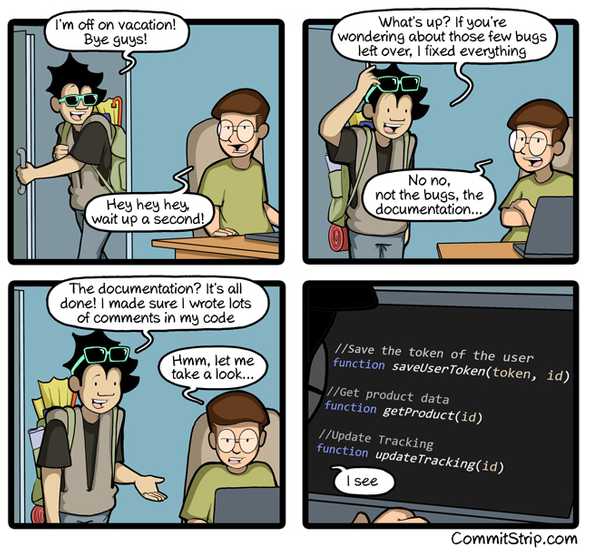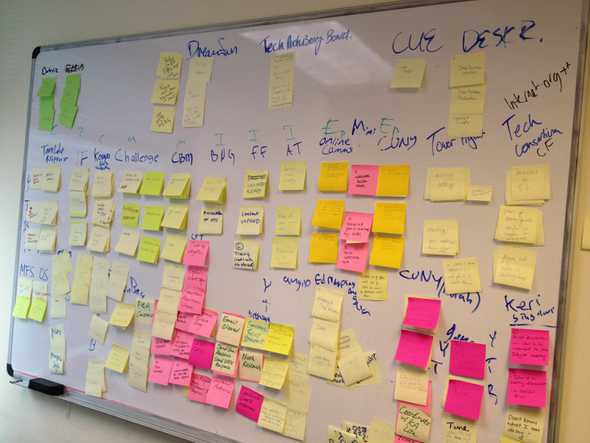Working remotely sounds glamorous, but it takes more work and discipline than teams may realize.
Preparing a Team for Remote Work
Workers can only be as successful as their environment allows. If a company isn’t set up to support remote workers well, someone's role as a remote worker may not work out long-term. A company unused to managing remote employees may not have a process to assess performance because they are used to relying on seeing people in an office “doing work.”
Completely remote companies have solved how to support a remote team. If your company is new to working remotely or only has a faction of remote workers, there are some considerations to be had. It might be helpful to try and align with our remote company checklist, a list of attributes a company needs to successfully manage remote teams.
The Remote Company Checklist
Have An Onboarding Process
An onboarding process doesn’t need to include fancy branded packets and swag; it simply needs to outline company expectations and policies, highlight appropriate company and third-party contacts, provide access to internal communication tools, and explain equipment and peripherals that will/will not be provided. When people start at a remote company, they may not have the opportunity to meet everyone right away and understand the context of their roles in the company.
Having a well-organized wiki of information, including a directory of employees, policies, core values, and expectations, is a good starting resource for new employees and can be updated easily over time.
Assigning a “buddy” for an employee’s first few weeks is another great way to help onboard someone new and provide them a way to get to know how the company works and answer questions as they arise.
Have Meetings Built to be Inclusive of Remote Workers

For 100 percent remote companies, meetings are less problematic. Companies new to supporting remote workers can face more challenges, especially around forgetting to include remote workers and granting them the proper access to join meetings. Meetings should always be on the calendar in advance and include necessary join links, numbers, and access codes to call in.
Have a Clear Task Management System
As a remote worker, I should be able to get online anytime, anywhere, and be able to view my workload and have the documentation necessary to execute my job.
|
Not a good task management system for a remote team |
Regardless of the tool, the task management system needs to allow autonomous employees to pick up work as needed and communicate ticket progress to the team. Within the management tool, the tasks must have clearly outlined requirements, steps for completion, current priority level, and due dates.
Check out cloud-based task management tools like:
In integrating a new task management system, the key considerations aren’t the technical tools selected but the process behind using them and that the tool allows workers to work on and communicate the progress of tasks and is a good fit for the company culture and managing the product or service provided.
Are Effective Communicators
Communication issues are at the heart of most problems and can cripple even the most talented team. A company that fails at communicating in person will exceptionally fail at it in a remote environment.
When looking at how a company communicates, pay attention to:
- How company-wide information is relayed
- What tools are used for daily communication
- How is the team made aware of goals, company financial health, and staff changes
- What happens when there is a blocker from someone who is AFK
In a remote environment, organic opportunities for conversation are scarce, and it is important that leaders in the company prioritizes keeping communication lines open. One-on-ones are a crucial way to interact with a team routinely, and I would personally hesitate to join a remote team that doesn’t have some implementation of one-on-one meetings for everyone on the team.
Have Documentation Around Internal Knowledge

Repeat after me.
Slack != documentation.
I get it, documentation is hard. It's a struggle for almost everyone, but a lack of documentation, especially in a remote environment, can lead to employees sitting idle and frustrated from not being able to do their jobs. There should, at the very least, be documentation around environment setup, build processes, testing, deployment, company code standards, migrations, environment changes, or anything that will disrupt an employee’s workflow.
TL;DR: Documentation should always be available and up-to-date to help workers execute as autonomously as possible.
Have Performance Evaluation Metrics in Place
Non-remote companies often use “butt-in-seat” as a crutch to evaluate. They can see employees; therefore, those employees must be producing. Remote worker evaluations are purer in that they are judged on their actual work and not their appearance of working, provided the company has practical metrics in place. It’s important to understand the following:
- Who is setting evaluation metrics?
- What is the technical expertise of management setting metrics?
- What metrics are currently in place?
- How is overall/yearly performance judged?
- How can remote employees "prove" they're worth their paycheck?
AGAIN: Remote employees can only be as successful as their environment will allow. Companies with remote workers will have their management practices' successes and failures magnified immensely.
At Bitovi, we're a remote-first company. We pride ourselves on being technical experts, as well as experts in communicating, coaching, and mentoring in remote environments, and we have a history of successful projects to prove it. We love all things JavaScript, UX, front-end, and DevOps: if your team needs help in a remote capacity with getting a new project out the door, mentoring and coaching on best practices, or adding expertise and velocity to your team, please shoot us an email!
Previous Post





